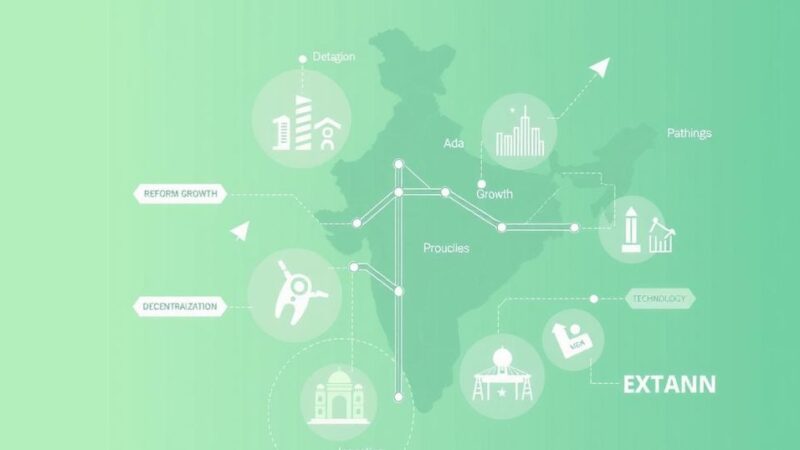Argentina has lifted a 1973 ban on livestock exports, aiming to revitalize its livestock sector under the Milei government. With frozen beef as a key product, the country seeks to balance economic growth with existing global scrutiny on livestock shipping practices. The global shipping fleet is aging and faced with restrictions, adding to the complexities of this industry shift.
Argentina has officially lifted its 1973 ban on livestock exports, marking a significant policy shift under the leadership of Javier Milei. This decision aligns with the government’s commitment to fostering a free economic system that respects private property and enables the free movement of goods and services. The move is poised to stimulate growth in the country’s livestock sector, which is already recognized as a critical component of its economy.
As a prominent exporter of frozen beef, Argentina has strategic motivations to participate in live animal shipments once again. The Ministry of Economy’s Agriculture, Livestock and Fisheries Secretariat has highlighted this sector’s pivotal role in the country’s economic development. Despite growing global scrutiny of livestock shipping practices, Argentina aims to revitalize its involvement in this area by navigating through any existing controversies.
Globally, the livestock export industry faces increasing regulations, with many countries imposing restrictions following various investigations. This has left the international livestock shipping fleet reduced to just over 100 operating vessels, several of which have been non-operational for extended periods. The average age of these ships is now around 39 years, highlighting an aging fleet that faces challenges in meeting modern standards.
The repeal of the 1973 ban by Argentina signals a significant overhaul of its livestock export policy driven by economic considerations. As the country looks to boost its livestock sector, it navigates the complexities of a heavily regulated global market. Argentina’s move may rejuvenate its export capabilities while addressing past industry concerns.
Original Source: splash247.com






